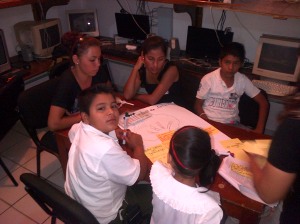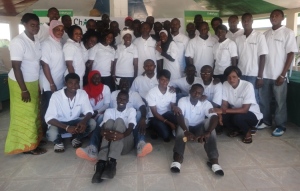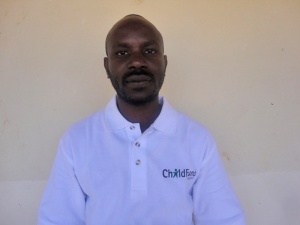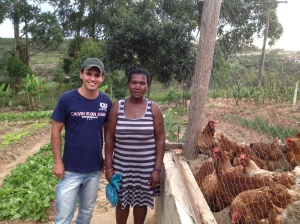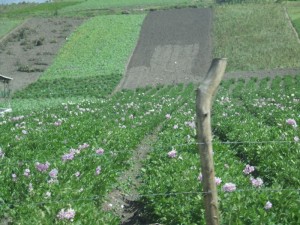By Saroj Kumar Pattnaik, ChildFund India
On International Women’s Day, we’re spotlighting some of the amazing girls and women we’ve encountered in ChildFund-supported communities. We honor their struggles and cheer their successes.
Dusk was settling over a suburban neighborhood in southern India, but Stella Leethiyal wasn’t ready to go home. The 47-year-old teacher was busy visiting shanties to meet women and educate them about good parenting — the key to a child’s successful development.

Stella, 47, works as an ECD teacher in a suburban area near Chennai.
Aside from teaching women about parenting, Stella also focuses on educating them about their individual rights and convincing their male partners to understand and respect the value of the women in their households. Stella, who works as a teacher at a ChildFund-supported early childhood development (ECD) center in Chennai, India, does this out of a desire to see her fellow women become aware and empowered.
“Personally, I have seen many setbacks faced by women in my locality since my childhood,” Stella says. “I have always dreamt of a society where women and men are treated equally in all aspects of life. My association with ChildFund India has given my dream a direction, and I have tried my best to achieve this goal.”
Currently, Stella works with children whose families often migrate to find work, a population that faces serious obstacles to a full education.
Before becoming an ECD teacher in 1997, Stella was a community mobilizer for ChildFund; her prime focus was educating and empowering women. Her efforts helped convince nomadic families to send their children to school for the first time.
Stella is very happy about her work, but she is dissatisfied with the general condition of women across the country. “People say India is now a powerful country,” she says, “But how can you be powerful when one section of your population is so weak?”
According to latest U.N. Human Development report, India is ranked 129 out of 146 countries on the Gender Inequality Index. However, many people in India like Stella are working to improve the state of women and girls through education, health care, sanitation and political participation. The government also runs several programs aimed at empowering women.
In the past year, ChildFund India has reached out to more than 142,000 women and engaged them in various issues ranging from their health and sanitation to economic empowerment.
To assist women who wish to earn income, ChildFund India promotes women’s Self-Help Groups (SHGs) that manage microloans at a village level, which helps women become more self-sufficient. India has more than 5,600 such groups across the country, with 18,000 members.
ChildFund is also committed to helping youths become involved community members, and toward this goal, we support more than 700 clubs for boys and girls.
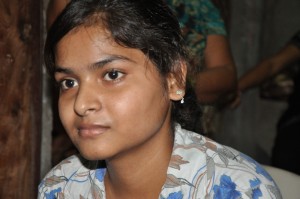
Durgesh has led a campaign to stop child marriage.
Female youth clubs, also known as Kishori Samuha, have proven to be a major success in creating an informed and confident new generation.
Durgesh, 15, is a testimony to this success. A sponsored child from Uttar Pradesh’s Firozabad district, Durgesh led a campaign against child marriage and managed to bring the number of early marriages to almost zero in her community.
As a leader of her youth club, she generated great awareness about the ill effects of child marriage and managed to gain broad community support .
“Initially, it was very difficult for us to convince parents to say no to child marriage, which has been going on in our community since ages,” says Durgesh, who is in 10th grade. “But with the support and guidance from ChildFund India program staff, we continued our campaign for months. And we finally succeeded. Parents are now not in favor of getting their young daughters married. Rather, they are sending them to schools.”
Stella and Durgesh are two of hundreds of committed individuals in India who are giving hope to women across the country. They aspire to build a new India where women are respected and allowed to lead.

